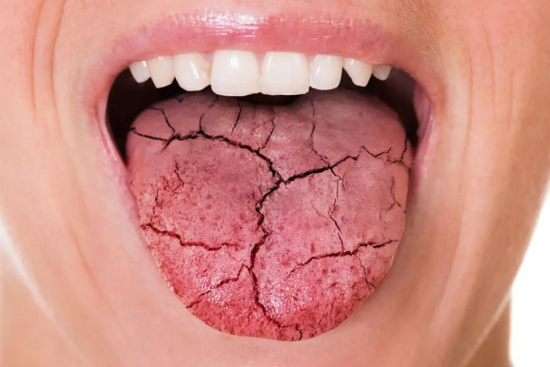Changes in the tongue or mouth, such as ongoing discomfort, small sores, or swallowing difficulties, are often benign and temporary. When these symptoms persist, a medical evaluation helps clarify the cause and, if necessary, detect conditions like tongue cancer at an early stage.
In Turkey, patients benefit from advanced diagnostic tools and specialized tongue cancer treatments delivered by experienced oncology teams in modern, internationally equipped hospitals, ensuring accurate diagnosis and high-quality care.
Risks and Side Effects
- High success rate if detected early.
Tongue tumors: Treatment costs in Turkey
Turkey offers effective treatments for tongue cancer, including surgery, radiation therapy, and chemotherapy. Treatment plans are personalized based on the stage of the disease and each patient's condition.
Patients receive comprehensive, individualized care from experienced medical teams. The average cost of tongue cancer treatment in Turkey is around $4,500 USD.
Contact us today for an accurate evaluation of your case and personalized treatment options.







